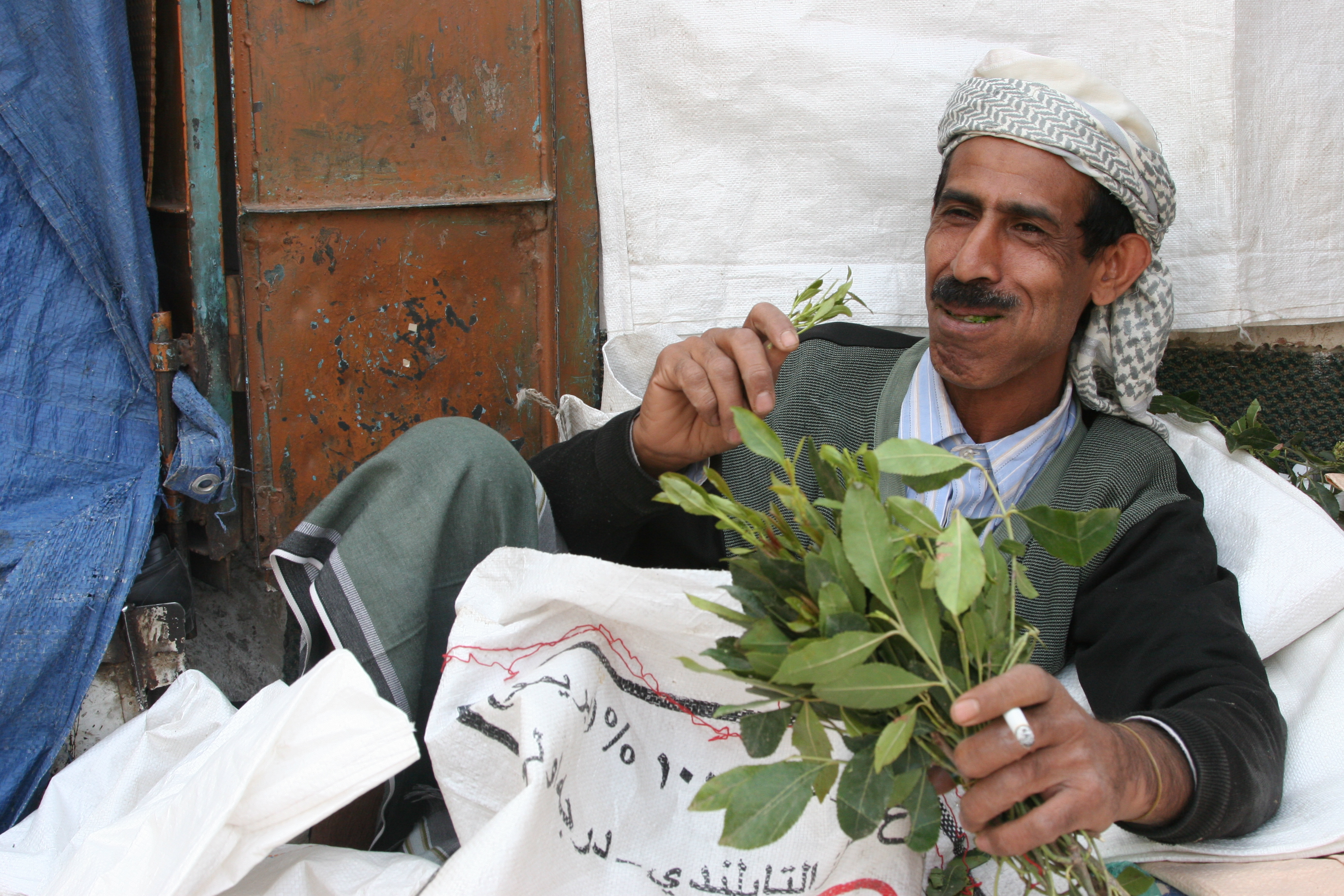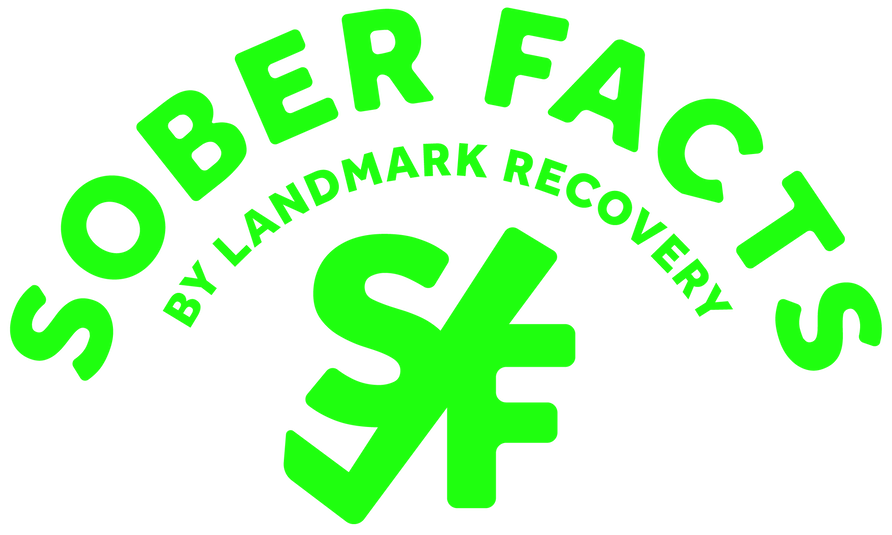Choosing recovery close to home means your support system is just a few miles away.
- 100% Confidential
- Available 24/7
- No Pressure to Commit
- Multiple Financial Options Available
Choosing recovery close to home means your support system is just a few miles away.

Sounds Like: cat
Classification: cathinone stimulant
Controlled Substance Act Schedule: I
Other names for Qat

Qat is a tree that grows naturally in the Middle East and Central Asia. The leaves are dried and chewed for their mild stimulant effect, much like caffeine or nicotine use. It’s a leaf that’s primarily chewed by men who use it for social gatherings and as a way of assisting them in productive tasks throughout the day. The plant can be dependence-forming, but as a mild stimulant, there aren’t many risks aside from long-term use issues, like oral cancers.
Need help with Qat or another drug addiction?
Call Landmark Recovery and speak with an admission specialist today.
Call NowWe're available 24/7 to help you find Recovery
Qat is used as a mild stimulant, much like caffeine and nicotine is in the US and Europe.
Qat is obtained by clipping bundles of the tree’s leaves from the plant, drying them to a degree, then chewing them as needed.

The drug produces a mild euphoria in users, much like a strong cup of coffee. Qat causes users to become talkative and can even cause some users to exhibit mania and hyperactivity. Pupils become dilated when chewing qat and users lose their appetite.
Despite the large amount of potential side effects, qat exhibits no signs of addictiveness in users. Cathinone, the key chemical that the plant contains, can be addictive when extracted from the plant and used as a drug alone.
Ancient Egyptian imperial cults considered the qat plant a sacred substance, which was capable of realizing a user's divinity. These early Egyptians consumed the plant ceremoniously in attempts to transcend into "apotheosis" and or garner and manifest mystical experiences, systemic trances, and other metaphysical experiences rather than habitual recreational use or abuse.
Qat was first introduced by traders into Yemen from Ethiopia in the 15th century.
In 1980, the WHO classified the plant as a drug of abuse that can produce mild to moderate psychological dependence (less than tobacco or alcohol), although the WHO does not consider qat to be seriously addictive. It is a controlled or illegal substance in some countries, but is legal for sale and production in others